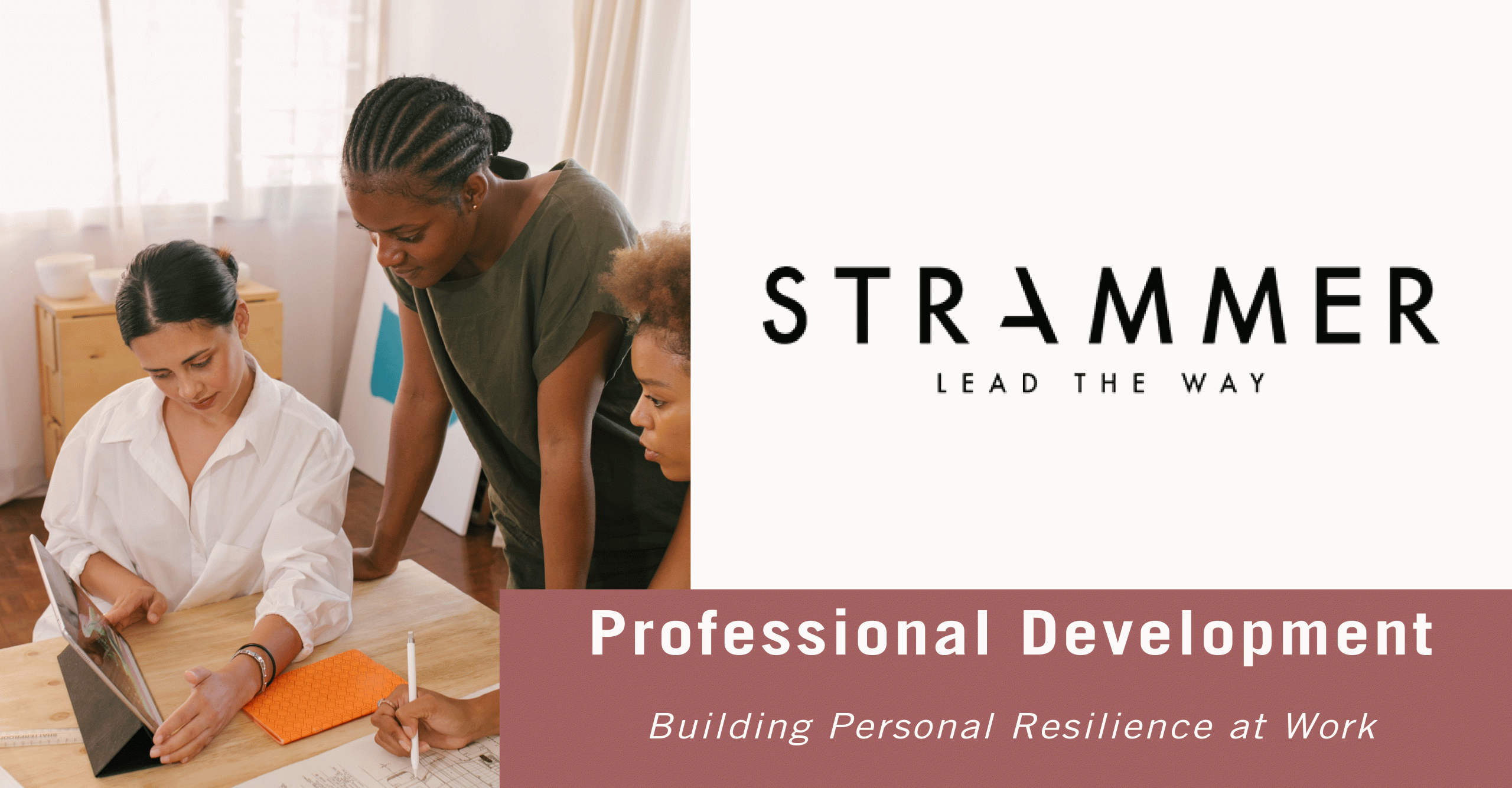Building Personal Resilience To Succeed at Work
In the workplace as in life more widely, experiencing hurdles and difficulties are inevitable. Challenges can come in many forms, from organisational change to high–stakes projects or missions. Most obviously in current times, the global health crisis has introduced professional challenges and personal hardships for people in different ways and to varying degrees, along with the challenge of adapting to a remote mode of work faced by many.
However, to achieve our career aspirations and ensure that adversity does not stop or derail us, it is important to build individual resilience. Positive psychology defines resilience as “the ability to recover from setbacks and adapt to challenging circumstances…” While studies show resilience varies among people naturally, it is also a skill that can be learned, developed, and improved.
Our relationships with others play a crucial role in our resilience. Research confirms social connectedness and having strong support systems are an important component in helping us cope with the difficulties that come our way. When these occur, it is important to be able to confide in trusted others who can demonstrate empathy and show understanding for how we feel.
Additionally, taking care of health and well-being is vitally important to resilience. Leading a healthy lifestyle – meaning getting enough sleep, eating a balanced diet, exercising regularly – provides a crucial foundation for resilience. Research conducted by BetterUp Labs found that workers who sleep a sufficient number of hours are 4.2 times more likely to be resilient.
Resilient employees also tend to have a clear purpose and long-term goal. This helps them to stay motivated despite setbacks because they know that overcoming them will take them closer to achieving their larger objectives. One method to help stay on course is developing a plan with realistic and actionable steps. Additionally, it is important to be capable of considering setbacks in proper perspective.
Mindset and framing can also have a powerful effect on how we respond and manage difficult situations. One helpful form of framing can be to view an issue as a challenge as opposed to a threat. This means the person believes that they can overcome the problem and positive outcomes will ensue on the other side, rather than seeing themselves as helpless. Such a mindset may help to avoid a negative stress response, like excessive fear or anxiety, and instead allow the person to utilise their resources/capabilities and focus on solving the issue.
While it is important that individuals build their resilience, organisations and leaders can help by modelling resilient mind-sets and behaviours and/or providing resilience-boosting classes and resources.
References:
- 2021 Will Demand Even More Resilience At Work. Here’s How To Build It, January 2021, Forbes.
- 8 Ways Successful People Master Resilience, Entrepreneur.
- Super-Resilient People Are 6 Times More Likely to Do This 1 Thing, According to New Research, Inc.
- Improving mental well-being and resilience, October 2020, BBC.





